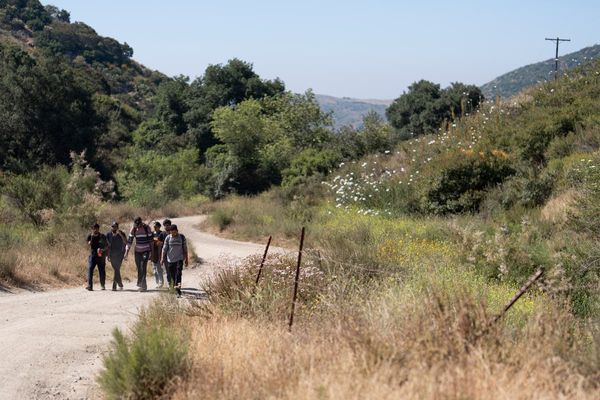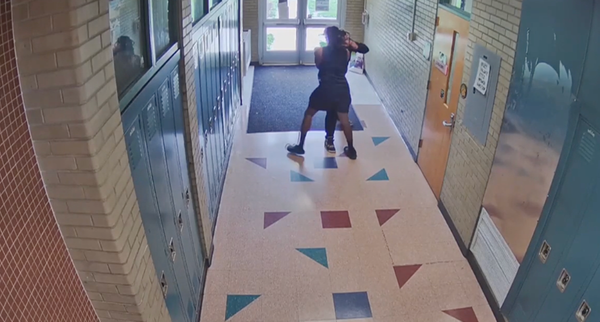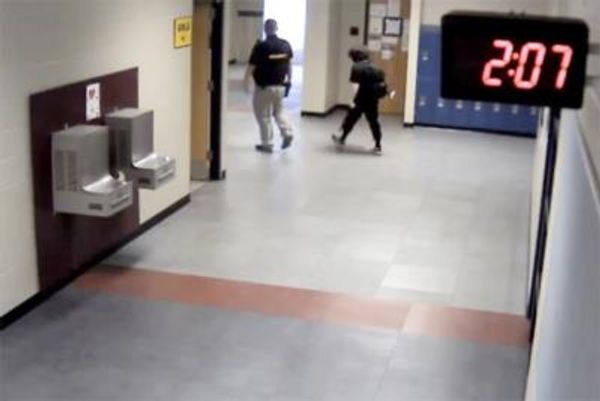A PIONEERING programme involving a University of Glasgow professor will bring disease-detection technology to Sub-Saharan Africa.
Professor Jon Cooper is the principal investigator of the Members of the Digital Innovations and Diagnostics for Infectious Disease in Africa project (DIDIDA).
He and other members of the programme are set to take part in an event organised by the International Science Summit organised around the 78th United Nations General Assembly on September 14.
The group is developing ways to use lateral flow tests to diagnose more than one disease at the same time in remote locations.
The tests are run on portable devices which use a process called loop-mediated isothermal amplification to test DNA samples collected on lateral flow strips and aim to detect the five leading causes of death in Sub-Saharan Africa: severe respiratory infections, HIV/AIDS, diarrhoea, malaria and tuberculosis.
The devices are connected to mobile phones with an app developed by the team which can allow the results to be shared with regional or national healthcare authorities to create a real-time dashboard of diseases.
The project builds on previous work undertaken by Professor Cooper and his Glasgow colleague Professor Julien Reboud which prototyped similar diagnostic techniques to monitor conditions in Uganda.
Professor Cooper said: “I’m pleased to have this opportunity to showcase DIDIDA, which aligns with many of the United Nations’ sustainable development goals, including Good Health and Wellbeing, Quality Education and Climate Action.
“More than 50% of the population of sub-Saharan Africa lacks access to essential health services, and in rural areas it’s often difficult for patients to get an accurate diagnosis. DIDIDA is working to tackle that problem by providing a system that can be used anywhere to provide patients with appropriate diagnosis and the correct treatments.
“Just as importantly, the results collected and securely shared with regional and national health authorities will help them make better-informed decisions about disease management and treatment.
“By the time the project is complete in 2027, we’ll have trained a new generation of African experts in cutting-edge diagnostic techniques which have the potential to radically transform the way public health is tested, treated and monitored.”
The University of Glasgow’s contribution to DIDIDA brings together bioengineersand medics at its Mazumdar-Shaw Advanced Research Centre.
The UN-linked event will showcase DIDIDA’s work which is titled "Transformative digital diagnostic technologies with Imperial College London" and will be held online between 9am and 11am next Thursday.







